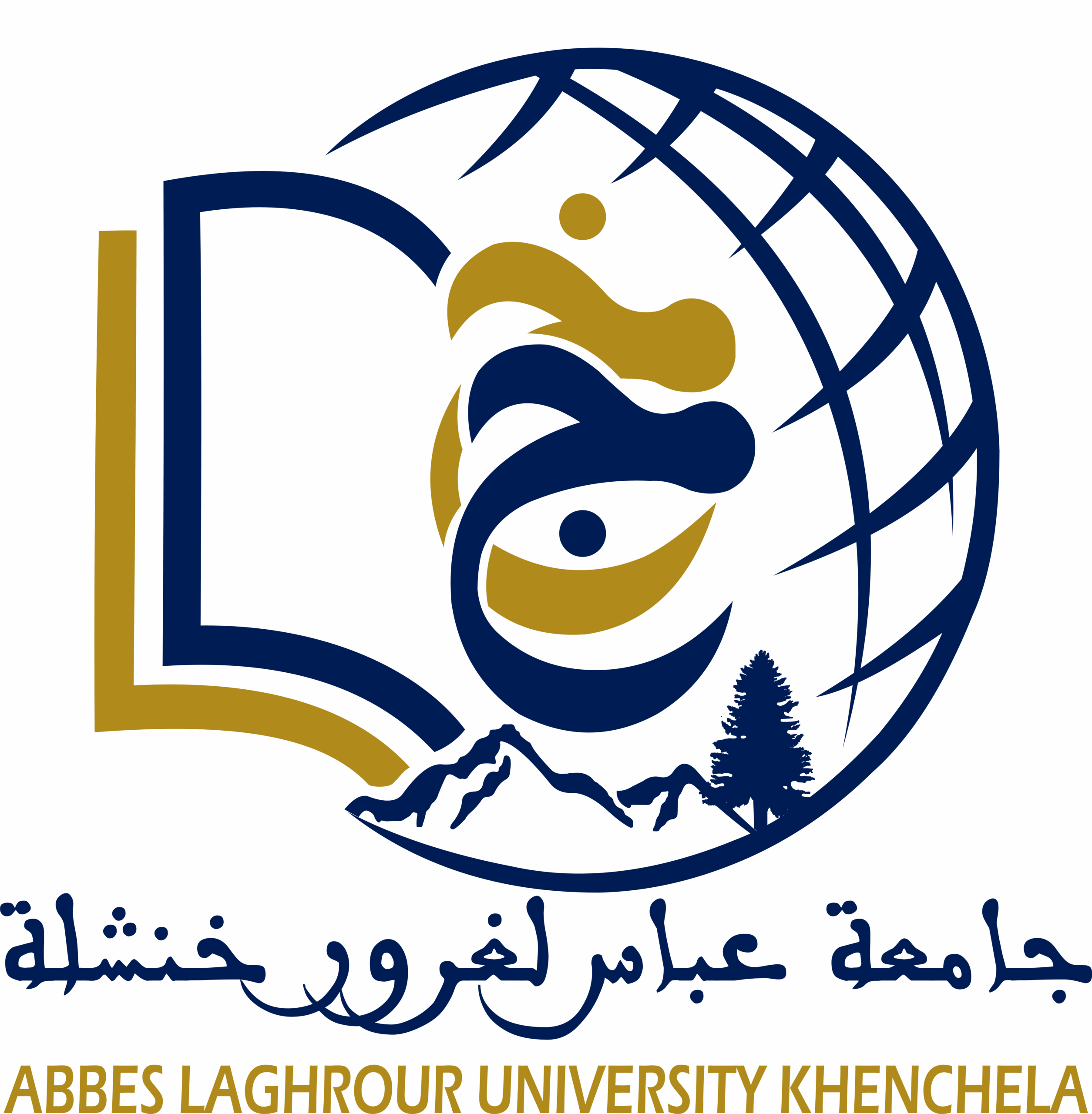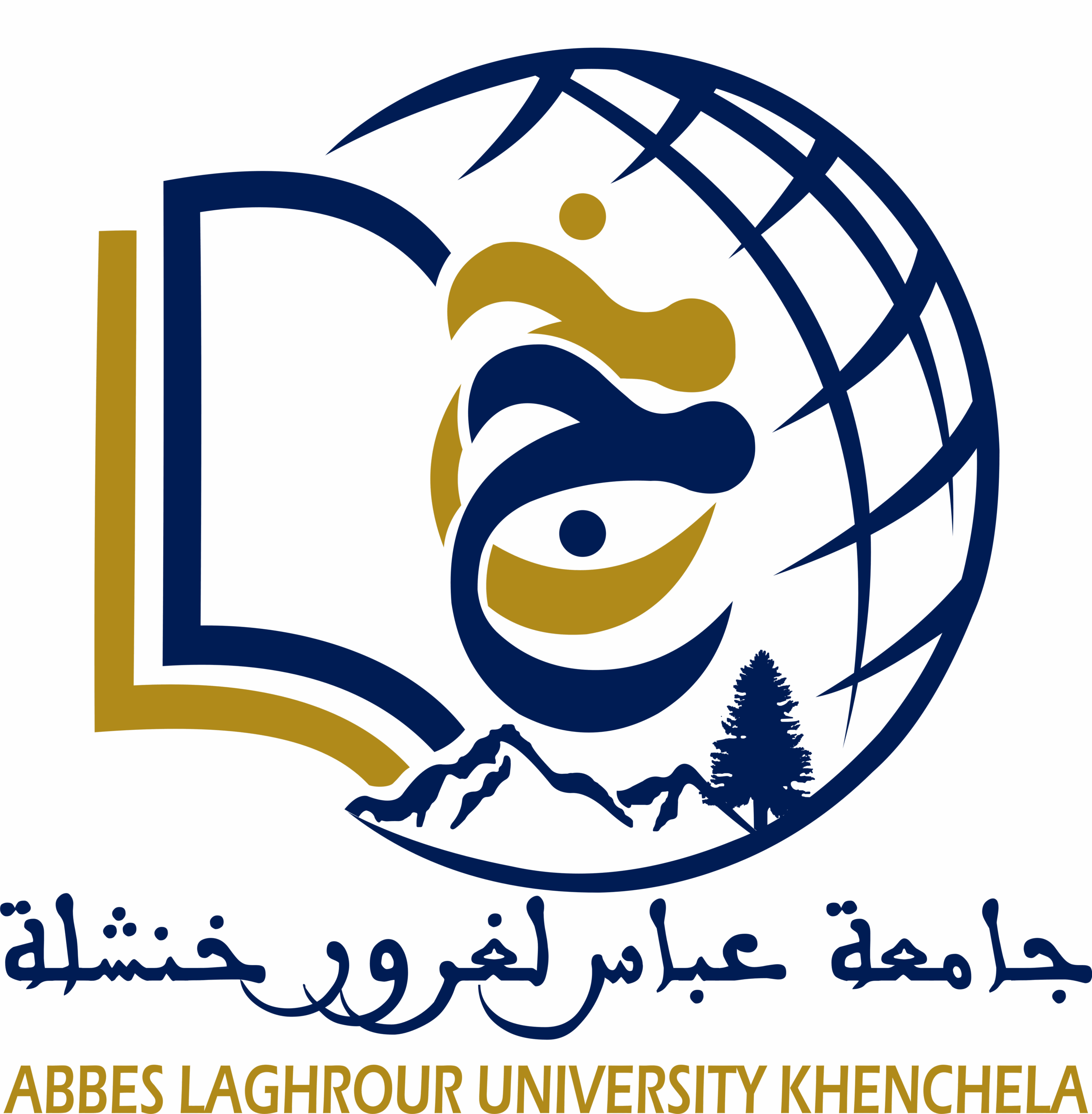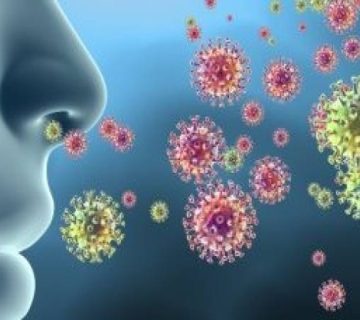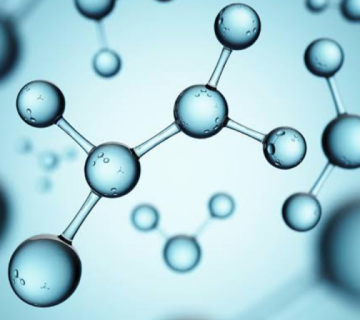- HALASSI Ismahan (Team Leader)
- HANOUN Saida (Member)
- YAKHLEF Wahiba (Member)
Microorganisms populate our entire environment. They are present in the air, water, and on all objects around us. Some are beneficial, and humans have long learned to use certain microorganisms to their advantage (e.g., food production, antibiotics). However, many microorganisms are also pathogenic.
Our applied microbiology team studies microbial biodiversity and its significance in today’s economic world. The team focuses on four major fields: Human and Animal Health, Agri-Food, Environment, and Industry.
We are interested in microorganisms for their own biological properties (e.g., cells, proteins), for their products (e.g., exo-enzymes, antibiotics), and for their ability to transform and degrade certain substances to produce useful compounds or to clean up the environment. Our research aims to deepen the understanding of microbial ecology, food microbiology, bacteriology, biotechnology, and biological control, ultimately promoting health and preserving the environment.
Toxicology examines substances that may harm human, animal, and environmental health, such as agricultural inputs, pesticides, mycotoxins, packaging migrants, and other food contaminants. It also explores their effects and investigates control and prevention methods.
The team’s work is structured around two main areas:
- Understanding the diversity, function, and regulation of microbial life at different study scales (molecular, cellular, and ecosystem), exploring its interactions with the environment and associations with other organisms, and developing innovative biotechnological solutions.
- Detecting toxic substances and evaluating their long-term effects on human and animal health, as well as studying their fate and ecological impact.






